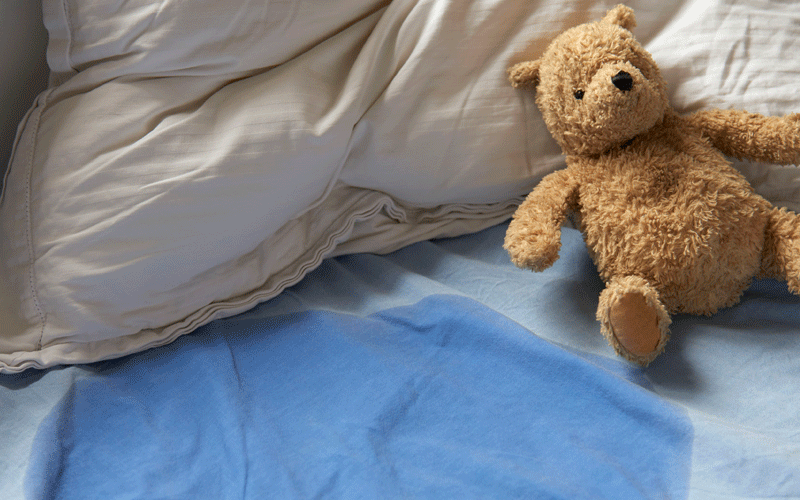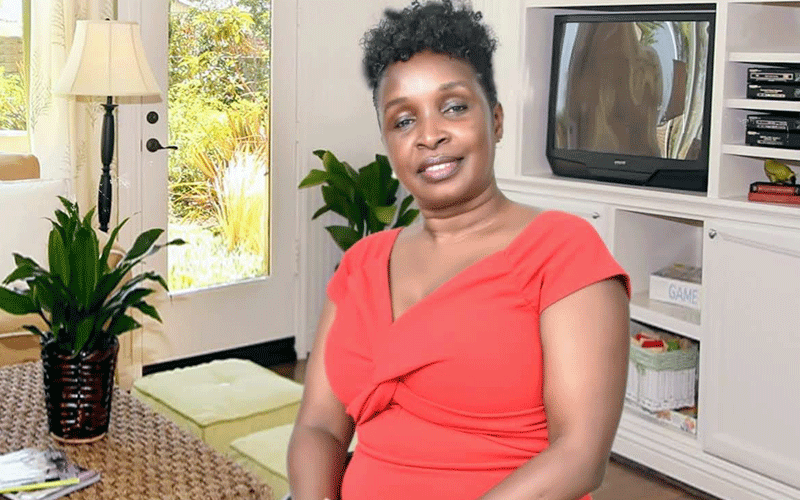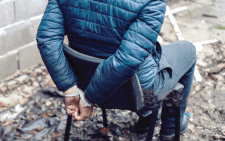No shame in bedwetting – experts say

Experts say it is vital to have conversations about nocturnal enuresis to remove the taboo tagged to it and enable individuals get help.
Milliam Murigi @millymur1
Throughout his childhood Paul Maina became adept at avoiding any situation that involved staying away from home with friends overnight.
When he became a teenager and his friends began to form romantic relationships, Maina deliberately avoided becoming close to anyone in case they discovered his secret.
The reason for his reticence was that up until the age of 20, Maina was still wetting his bed at night regularly.
Although he no longer suffers from the problem, the shame and embarrassment he felt during those years had a huge impact on him.
Things were not different from Lucy Wambui. Growing up in the 70s and 80s, she was a chronic bed-wetter.
Though she stopped bedwetting when she was 14 and in Form Two, Lucy remembers vividly how she endured physical punishment from her mother and ridicule from siblings, and felt guilt, shame, despair and hopelessness about her situation.
Back then, there was no abundance of information about bedwetting as there is today.
Parents with teens or adults who used to wet their beds did not know what their children were going through was a health issue just like one can be diabetic or hypertensive.
Most parents used to think a child who wet the bed did so because something was worrying or upsetting them, was afraid to go to the toilet at night or was deliberately doing it.
Fear of judgment
Lucy, who now runs an NGO, known as the Enuresis Initiative that highlights, educates and lobbies for support for bedwetters and their families, says bedwetting is normal in children up to the age of six.

Anyone above six years who still wets their bed has a health condition known as Nocturnal Enuresis and needs medical attention.
Nocturnal Enuresis is a condition that cuts across race, nationality, social class and all known human boundaries yet it still remains a taboo in most countries.
Maina says the reason enuresis is still a taboo is due to embarrassment and fear of judgement for parents whose children still wet the bed.
They also fear their children might be bullied or teased if they discuss the issue or seek help.
“Most parents don’t discuss such situations with other parents for fear of being judged as a bad parent or have their child labelled because of it.
I still remember how my mother never permitted me even to visit my relatives, afraid I would end up being the laughing stock,” he says.
Maina insists parents shouldn’t be afraid to seek help because that, more often than not worsens the situation.
Delay in reaching out for help means missing out on receiving advice that could improve the quality of life for all involved.
Lucy says there are two types of bedwetting: Primary nocturnal enuresis which happens to persons who never stopped wetting their bed past the age of six; and the secondary nocturnal enuresis, which may result from psycho trauma from physical or sexual abuse, bereavement, moving to a new school or town or birth of a sibling, among others.
Under supervision
“Addressing bedwetting in a patient with secondary enuresis would entail first addressing the cause of the trauma,” says Lucy.
Causes of primary enuresis include physiological makeup of an individual, for example, a small bladder that cannot hold the volume of urine produced during the six to eight hours of sleep, a deep sleeper whose muscles relax completely and let out urine during sleep and having one or two parents who were bedwetters.
“Drinking liquids close to bedtime has no effect on bedwetting as most people believe. A normal person wakes up at night to empty the bladder, but an enuretic person does not,” adds Lucy.
She says physical punishment, denying a child drinks after a certain hour, scolding and shaming a child does not work to stop bedwetting and are detrimental to a child’s self-esteem.
The bedwetting child should be supervised to wash up properly and change underwear before leaving for school.
This is to prevent the smell of urine that may cause a child to be teased and bullied in school.
Developed countries recognise bedwetting as a health issue and have enuresis clinics where bedwetters and their families receive therapy.
Though in Kenya we don’t have such, there is an apparatus called the Enuresis Alarm, which is worn at night during bedtime.
The apparatus, retailing at Sh2,500, is set off by the first few drops of urine to awaken the bedwetter to go and finish off in the toilet.
Over time, the alarm conditions the user to wake up when they have a full bladder and that is how one is cured of bedwetting.
“My organisation is promoting the use of this alarm. We have been visiting schools and seeing students who have this condition to talk, encourage, and empowering them,” concludes Lucy.












